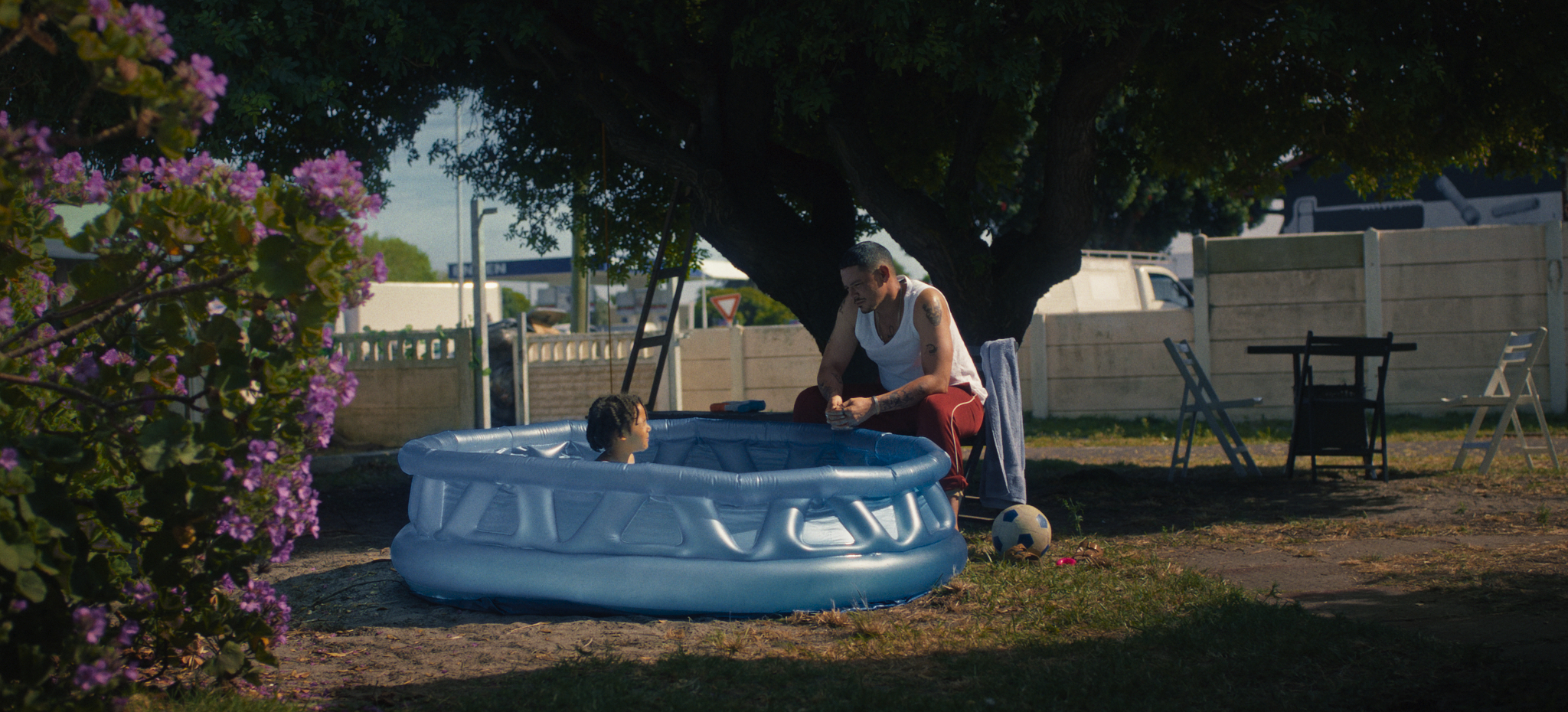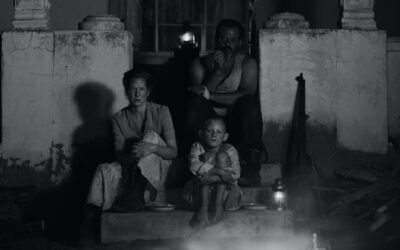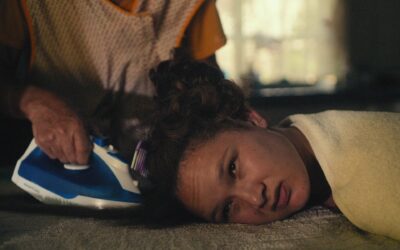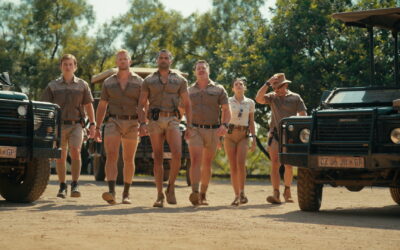The Heart Is A Muscle – A Metaphor for loss

Review
Among men, silences are considered an appropriate response. But when silence, or absence, is not enough, it shows that our silence is a kind of armor against our vulnerability. Silences are more than acknowledgments of what should not and cannot be felt; they are also an attempt to create comfort—against the potential cost of emotional loss. In Imran Hamdulay’s film The Heart is a Muscle, it is vulnerability and silence that come into play. This film is moving, it is patient, and above all, it faces fear head-on. My experience with this film was just as comforting as it was captivating.
Set in the Southern Suburbs, against the backdrop of vibrant yet calm Ottery, Grassy Park, Lotus River, and Wynberg, The Heart is a Muscle introduces us to Ryan (Keenan Arrison), a good-hearted father. We first meet him in a shopping center (Hyper, iykyk) where he buys snacks and groceries for a braai they’ll have later. He is accompanied by his son Jude (Troy Paulse), who helps him fill the trolley. Ryan seems withdrawn and preoccupied, although throughout the opening scene—emphasized by the camera’s focus on the trolley—we have not yet seen his face, but we can assume he is pensive. Still, Ryan allows his son to add items to the trolley, a joy for any child under the age of 13 of course, and on their way home he tells Jude about the parks they could visit.

Production Information
Age Restriction
13 LV
Cast
Keenan Arrison, Melissa De Vries, Loren Loubser, Dean Marais, Ridaa Adams, Danny Ross, Troy Paulse, Lincoln Van Wyk, Abduragman Adams, Ayden Croy, Eb Inglis, Luna Louw, Danielle Rhoda, Robyn Rossouw
Rating
4/5
Box Office
See NFVF

Written by Paul Kammies
Paul Kammies is a writer and literary scholar from Cape Town. At the current moment he is an MA student at UWC in English Literature. He believes that starting conceptual, compassionate, comprehensive conversation is extremely important for the development of tenderness in a world marked by distress and angst. He is also one of the Afrikaans editors of New Contrast Literary Journal. Favourite films include; Battle Royale, Annihilation and The Banshees of Inisherin.
More Reviews
Hen – Ravenously hungry and quietly evil
Hen is a chilling Afrikaans psychological horror directed by Nico Scheepers, starring Stian Bam, Amalia Uys, and Dawian van der Westhuizen. Set on a desolate 19th-century farm, it explores faith, fear, and the supernatural through haunting black-and-white imagery. With echoes of The Omen and Rosemary’s Baby, Hen delivers slow-burning dread and masterful performances—leaving viewers deeply unsettled and forever wary of chickens.
Carissa: A Puzzle Piece of Her Life
Carissa (2025), a slow cinema gem set in Wuppertal. A reflective film on rural life, family bonds, and the quiet beauty of simplicity.
Khaki Fever – Wilder than the wild
Khaki Fever is a bold South African comedy set in the bushveld, filled with sharp humor, cheeky innuendos, and wild lodge adventures. Read our review of Brett Michael Innes’ daring film that mixes laughter, mischief, and South African identity in unforgettable style.

Courses
Acting
Directing
Sound
Cinematography
Producing




